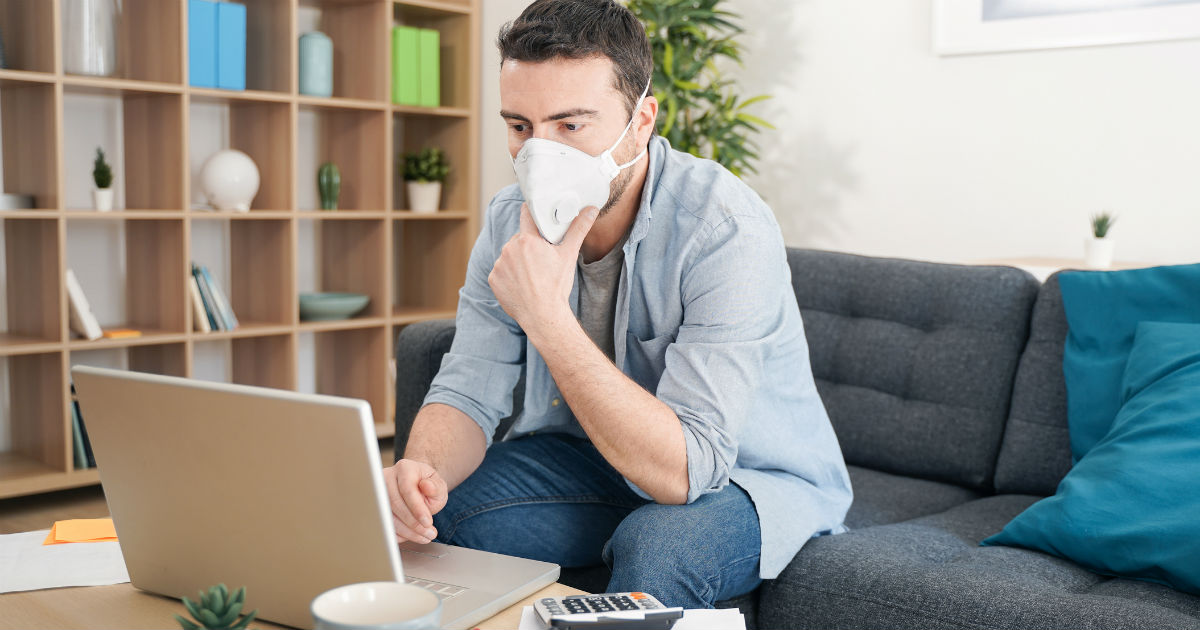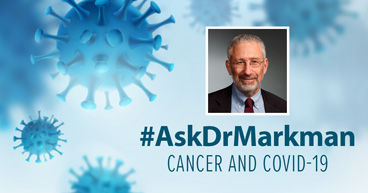
Good health often depends on making good decisions. And good decisions often are a product of having good information. While that may sound like a simple formula to staying healthy and battling illness or disease, it’s getting increasingly difficult to recognize good information from bad, especially online. Surveys show that more Americans are turning to the internet for medical information, and much of it is suspect at best and, in some cases, false or dangerous. A 2018 report on the most shared health stories on social media asserted that most of them are “full of bunk.” The report concluded that seven of the 10 most-shared health stories contained false or misleading information.
“The internet offers the incredible opportunity to share information with speed and to make it possible for everyone to have access to information,” says Maurie Markman, MD, President of Medicine & Science at Cancer Treatment Centers of America® (CTCA). “The issue is that any well-written post on a fancy-looking web page can claim to have a high level of authority. It’s sometimes very hard for the public to know where their information is coming from and who is authoring and vetting it.”
Cancer has long been a hot search topic on the web. A 2017 Healthline survey of 1,500 cancer patients, survivors and caregivers showed that 89 percent of those diagnosed with cancer went online to search for information the disease. In many cases, patients are lured by promises of cancer cures or miracle treatments.
Now, searches for COVID-19 are burning up the web, and research is indicating that much of the information online about the virus spread may be suspect. According to researchers at Carnegie Mellon University, most of the information about COVID-19 on Twitter has been shared by bots, computer programs designed to automatically post and share information without regard to its authenticity or accuracy. Twitter this week stamped COVID-19 posts with a fact-check link the company says will “provide additional context and information on some tweets containing disputed or misleading information related to COVID-19.”
The flood of potentially dangerous medical information on social media has prompted some doctors to fight fire with fire by going directly to social media platforms to post credible information. "Social media is the disease and the cure. It is responsible for the dissemination of misinformation as much as it needs to be a tool for repairing that," emergency room physician Rick Pescatore, DO, tells CNN. Dr. Markman, who hosts a weekly Twitter chat devoted to sharing trustworthy, timely information about cancer and COVID-19, agrees. He urges doctors to get active on social media and be part of a solution that spreads real and credible information to patients. “We need to understand that fake news is a real problem, and we have to combat it as a group and be out there telling the truth and confronting the lies,” he says.
Recognizing suspect or fake medical news may require a healthy dose of critical thinking. To help spot suspect medical news, the American Council on Science and Health offers these signs to look for:
- The article is based on research from an unknown or little-known publication or journal.
- The author makes far-reaching conclusions from a single study or unsupported leaps when describing a particular study’s conclusions.
- The article is from an activist group with an agenda.
- The article sounds like a press release.
- The article does not attempt to explain a study’s methodology or use technical terminology that would require a level of analysis and understanding.
Dr. Markman says if you are uncertain about any medical news or information you come across, just ask your doctor. “When you are talking about making decisions about your health for yourself or a loved one, it is critical to talk to a physician about any information you may gather,” he says. “I want patients to ask me anything they need to ask me and challenge any information they are not comfortable with and bring in any information they found to discuss any potential impact on their care or their loved ones’ care. Patients need to be comfortable with the decisions they make and know that they made the best decision with the information that’s available to them.”
If you’re a cancer survivor or in active treatment and are concerned about how COVID-19 may impact you or your care, please contact your care team.



